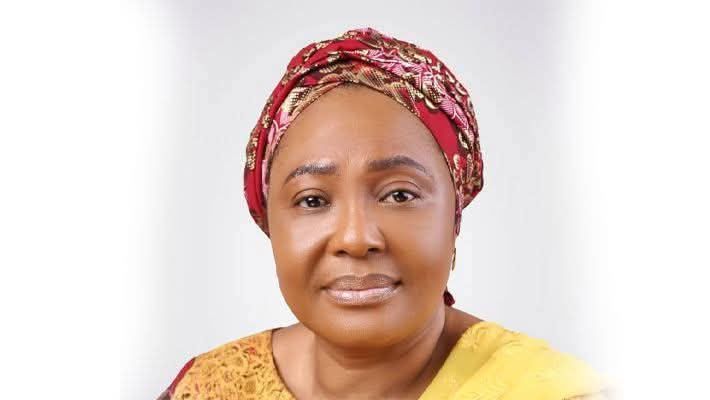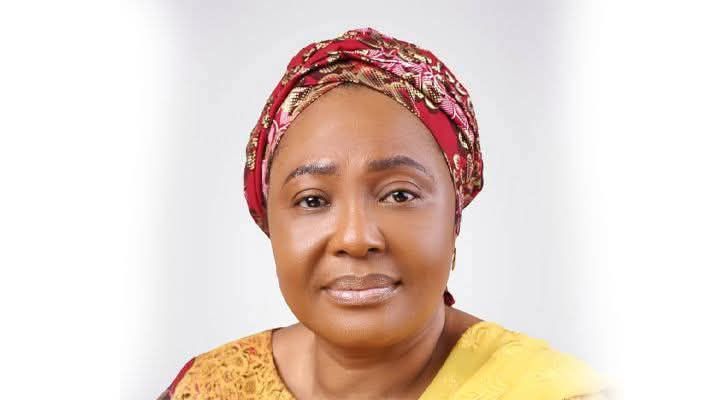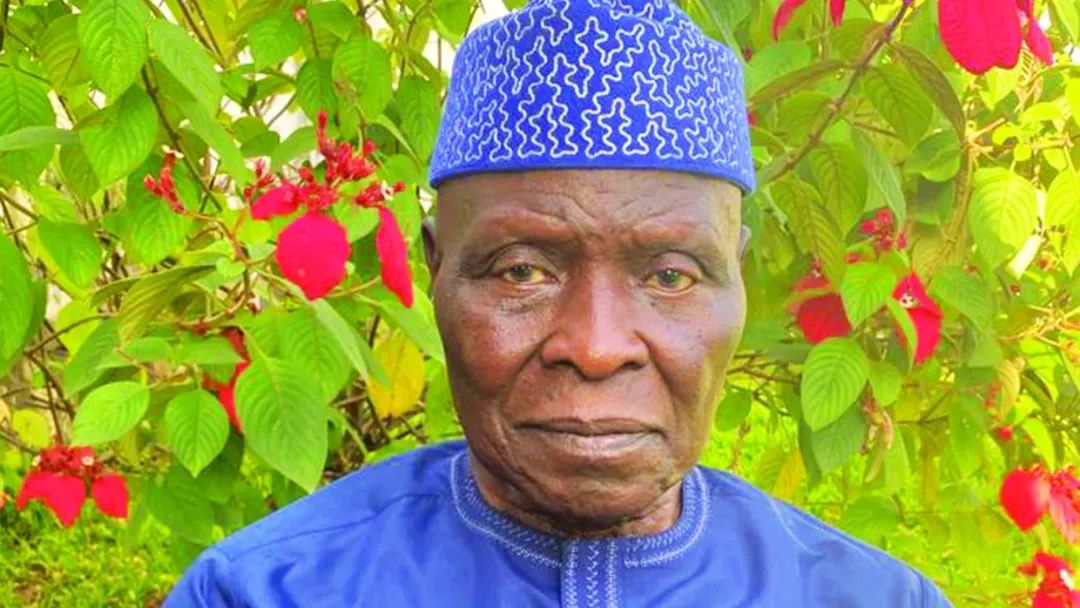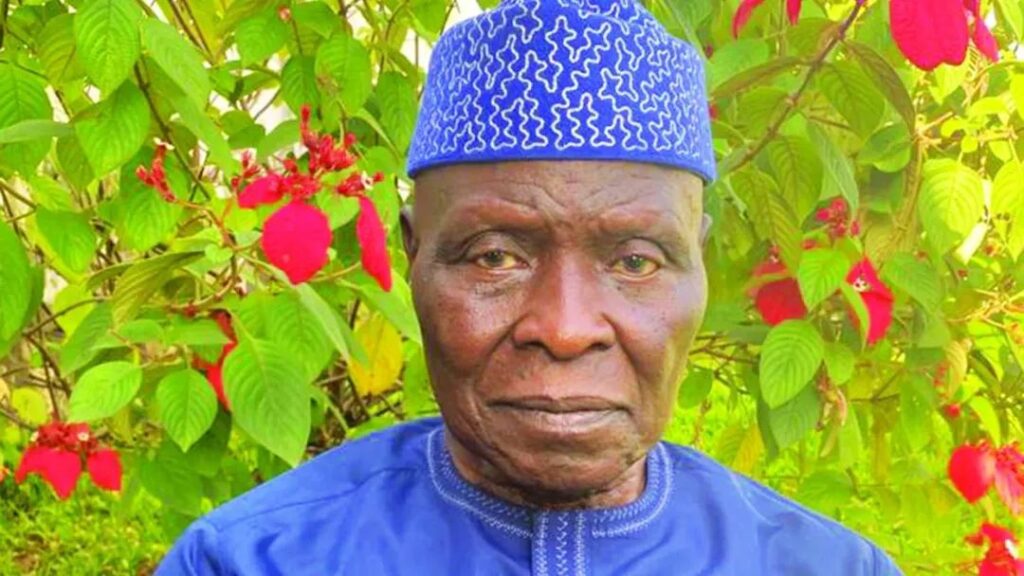News
Nigerians And The Failed Coup In Turkey By Reuben Abati
Nigerians know what it means to have a constitutional order derailed by military intervention. Between 1960 and 1999, Nigeria moved from one form of military rule to another, characterized by obstinacy, and absolutism, experiencing only short spells of civilian rule. Similarly, the military in Turkey have since 1960 intervened directly at least four times (1970, 1971, 1980, 1997). And in all instances, the Turkish coup plotters always claimed that their role was to restore order and stabilize the country. This is a rhetoric that is quite familiar to Nigerians. Every military coup is justified on messianic grounds. In the latest onslaught in Turkey, the plotters claim they want to establish a “Peace Council.”
Between 1993 and 1999, Nigerians fought the military to a standstill, insisting on a definite return to civilian rule and the institutionalization of democracy. Sixteen years later, the democratic spirit is well established among the people, if not the Nigerian leadership elite. The people have seen what a demonstration of people power can achieve: they used it to get the military out of power, they relied on it to insist that the Constitution be respected and obeyed when a President died in office and certain forces did not want his successor to get into office, and again, they have seen people-power at work in removing a sitting government from power. Right now in Nigeria, to toy with this power of the people in any form is to sow the seeds of organized mass rebellion.
Not surprisingly, in the past few years, every display of the people’s supremacy in other parts of the world has attracted either interest or a copy-cat instinct among Nigerians. First, there was the Arab Spring, which resulted in calls for the Nigerian Spring, which later found expression in the politically motivated Occupy Nigeria protests of January 2012. And now from Turkey, the major point of interest for Nigeria has been in my estimation, how the people took to the streets to confront soldiers. The coup failed in Turkey because it lacked popular support. Turkey has for long been considered an embarrassment in Europe. A successful coup in 2016 would have put the country in a worse shape and done further damage to the country’s reputation. The people stood up for their country, not President Recep Tayyip Erdogan. They stood up for an idea: The idea of democracy. The three major political parties disowned the coup. Mosques called on the people to go to the streets and fight for democracy. Even Erdogan’s critics, including the Kemalists and the Glulenists, denounced the coup plotters. The images that came across were images of the police confronting the soldiers and disarming them (This was intriguing- can anyone ever imagine the Nigeria police protecting democracy: they would have since collected bribe from the coup plotters, there is massive corruption in Turkey too but their police fought for the nation). Ordinary citizens lay down in front of the coup plotters’ tanks and asked to be crushed; brave citizens disarmed the soldiers and took over the city squares.
It is the kind of bravery that Nigerians find surreal. The coup attempt in Turkey comes at a time when the civil society in Nigeria is beginning to lose the spirit to stand in front of tanks, and guns: the people have been battered to a point where their strongest protection is their power of the ballot and so the average Nigerian endures suffering, convinced that when again it is time to vote, no one can rob him or her of his power to choose. But the situation in Turkey reminds us of the kind of danger that any democracy, with troubled foundations can face, hence Nigerians ask if they too can be as courageous as the Turkish have been, with both Turks and the much abused Kurds, and other divided groups, uniting, momentarily, on one issue.
Not that Mr. Recep Tayyip Erdogan deserves the victory over the coup plotters, though. Outsiders, including Nigerians, consider him a bad guy; and even if he is still popular and blindly followed by the majority of his people, his 13-year record in office falls far short of standards. He came to office on the wave-crest of popular appeal. In Istanbul where he was a city mayor at a time, he remains immensely popular, and he is also probably the most popular leader, not in Europe, but the Arab world. Thrice, he and his party, the AKP, won nationally organized elections. But success soon got into Erdogan’s head, as he descended into the lower depths of arrogance and dictatorship. He started having issues with neighbours and allies.
He became undemocratic, shamelessly alienating civil society, the press and the judiciary. He is so temperamental and intolerant of criticism and alternative views, he is now surrounded mainly by sycophants and relatives. In his attempt to dominate everything and everyone, he became known as the “buyuk usta”, that is “the big master”, and of course, he now lives in a $615 million Presidential palace with 1, 150 rooms! In addition, he wants to acquire US-style executive Presidential powers and he is busy battling, real and imaginary enemies. He may have been saved by the people’s rejection of the coup attempt, but perhaps Erdogan has been saved more by his own cleverness. The coup attempt against his government was an amateur, unorganized effort. It lacked the support of the military command, which Erdogan had cleverly subjected to civilian control, and among whom he had built centres of personal loyalty. Over the years, he weakened the military and strengthened the police and the intelligence services. The coup plotters over-estimated their capacity and misread the people’s mood.
Their failure may embolden Erdogan and even make him more authoritarian: he is already sounding off about being in charge and dealing with the coup plotters (over 2,000 of whom have already been rounded up and arrested, even judges have been fired). But Turkey is in a very bad shape. Resentments run deep. There are deep fears about threats to the country’s secularism, and attempts to Islamicise the country. A paranoid Erdogan could worsen the situation. Both the United States and the European Union should take a keen interest in what happens in Turkey after the coup attempt, to ensure that rather than dig deeper into authoritarianism, Erdogan would see the need to run a more open, inclusive and democratic government.
The coup may have failed, and democracy may have won, but whatever issues led to a group of ill-prepared soldiers taking the law into their hands cannot be wished away. To tell the truth, Recep Erdogan acts very much, in all respects, like an African leader in Europe – that probably explains the keen Nigerian interest. The key lesson, all told, is that the importance and survival of democracy relates to the importance of civic virtue, this is why leaders must rely not just on the people’s commitment to an idea, but must seek to make democracy work for all the people.
Foreign
Newly Married Liverpool Striker Diogo Jota Dies at 28

The football world is in deep mourning following the sudden passing of Diogo Jota, star striker for Liverpool FC and the Portuguese national team. He was just 28 years old.
Jota lost his life in a tragic road incident in Spain alongside his younger brother in the early hours of Thursday, July 3, 2025.
The devastating news comes less than two weeks after his wedding to his longtime partner, Rute Cardoso, which took place on June 22, 2025. The couple shared three children and had just begun a new chapter together.
Since joining Liverpool in 2020, Jota became a fan favorite for his sharp instincts, energy, and goal-scoring brilliance. He also proudly represented Portugal on the international stage, winning hearts with his commitment and character.
This is a heartbreaking loss for his family, friends, teammates, and the entire football community.
Rest in peace, Diogo Jota.
You will never walk alone. ❤️



News
Tinubu Appoints Grace Henry as First Female Chair of Nigerian Legion

President Bola Ahmed Tinubu has appointed Grace Henry as the new chairman of the National Council of the Nigerian Legion, marking a historic first as both the first woman and the first non-commissioned officer to lead the country’s foremost veterans’ organization.
The announcement was made on Thursday in Abuja via a statement by Abdul Lauya, Senior Special Assistant on Media and Digital Communications to the chairman.
According to the statement, Henry’s appointment was formalized through a letter signed by the Secretary to the Government of the Federation, George Akume, and takes effect from June 7.
Born on October 5, 1964, Henry brings with her over 25 years of military and administrative experience. She retired from the Nigerian Army in 2000 and most recently served as Director of Corporate Affairs at the Legion’s headquarters in Abuja. She is also the current National Coordinator for Female Military Veterans of Nigeria.
She succeeds retired Major General AbdulMalik Jibrin. Her appointment is widely seen as a reflection of the Federal Government’s commitment to promoting gender inclusion and equal representation within the military veterans’ community.
President Tinubu expressed confidence in her leadership and urged her to leverage her experience to reposition the Nigerian Legion, which serves as a vital support system for the nation’s ex-servicemen and women.
Her appointment is expected to usher in a new era of reforms and revitalization for the Legion amid growing calls for improved veteran welfare and institutional development.
The Nigerian Legion, a statutory body established to support the welfare of ex-servicemen and their dependents, plays a critical role in the rehabilitation, reintegration, and economic empowerment of military veterans. It also promotes national unity through remembrance events such as the Armed Forces Remembrance Day and collaborates with various agencies to uphold the dignity of retired military personnel.
In response to certain media reports describing her as “one of the most powerful non-commissioned ex-service personnel,” Henry distanced herself from the characterization.
“She wishes to make it clear that leadership is not about grandstanding or media posturing,” Lauya stated. “There is no such thing as being ‘most powerful’ under her leadership.”
Henry emphasized that the Legion remains a unified body, representing all veterans—commissioned and non-commissioned—without bias or division. She condemned any effort to create artificial hierarchies within the organization and called on the media to refrain from spreading unverified claims.
“She remains committed to the principles of unity, service, and integrity,” the statement added. “Ms. Grace Morenike Henry belongs to all and to none in particular. Her mission is to serve all Nigerian veterans equally and selflessly.”

News
Former Kwara Governor Cornelius Adebayo Dies at 84

Chief Cornelius Olatunji Adebayo, a former governor of Kwara State and one-time senator, has died at the age of 84.

Lagos Lately TV confirmed his passing through a close family associate, who disclosed that Adebayo died early Wednesday morning in Abuja.
Born on February 24, 1941, in Igbaja, Kwara State, Adebayo’s political journey began with his election as senator under the Unity Party of Nigeria (UPN) in 1979. He later served briefly as the state’s governor in 1983. Between 2003 and 2006, he held the position of Nigeria’s Minister of Communications.
A respected advocate for democracy, Adebayo was a leading voice in the National Democratic Coalition (NADECO), which pushed for the actualization of MKO Abiola’s June 12, 1993 presidential mandate. Notably, he declined an appointment to serve in General Sani Abacha’s military government in 1993, standing firm in his democratic convictions.
-

 News1 year ago
News1 year agoHardship: We Plan To Establish A National Commodity Board To Crash Food Prices – VP Shettima
-
News7 years ago
Blog Reader; Samson Osagiede Celebrates Fiancè Benedicta Daniels’s Birthday With Sweet Words
-
Home9 years ago
News Channel claims Donald Trump is an orphan from Pakistan,share alleged childhood photo
-
Home9 years ago
Another $175m Found in Patience Jonathan’s wife’s firm’s Bank Account
-
Home9 years ago
Oil Spillage: House of Reps Member Shares Photos of the Water her Constituents Drink .
-
Home9 years ago
Zara Buhari & Ahmed Indimi’s Wedding Access Card
-
News7 years ago
The Best Video You’ve Seen Today?
-

 Sport7 years ago
Sport7 years agoModric, Marta Wins 2018 FIFA Best Player Of The Year Awards ⚽️

